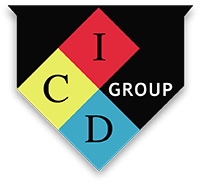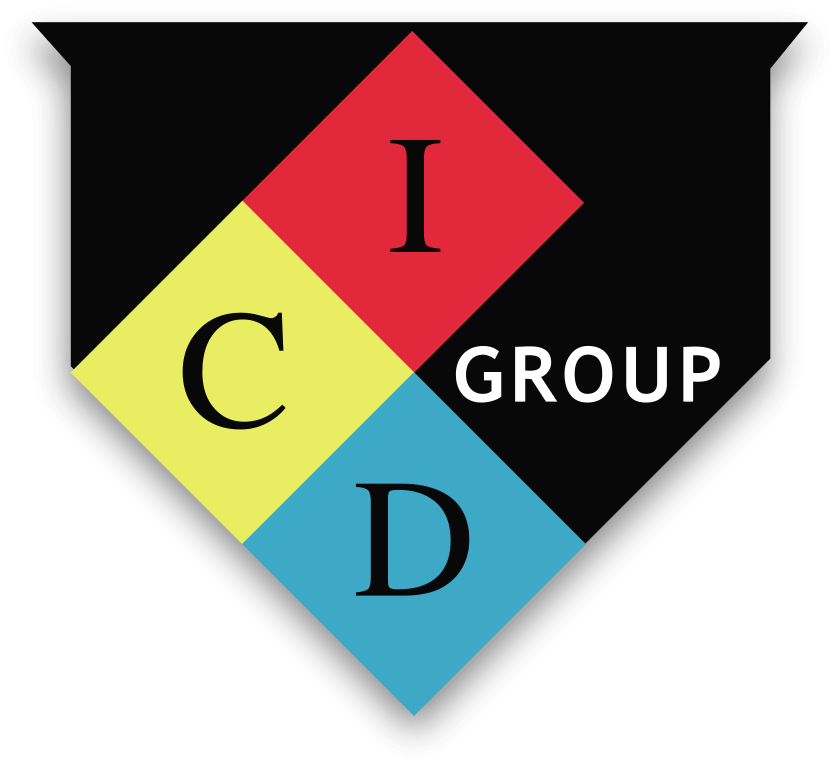Soft skills, otherwise known as life skills, which include employability or work-readiness skills, are seen both locally and globally as being essential to adequately prepare young people for the work world and also to prepare them to be globally competitive.
The World Economic Forum notes that soft skills are especially relevant in the 21st century despite technological enhancements enabling the automation of many routine technical tasks like operating machinery.
Businesses are increasingly relying on their staff members to possess critical thinking, emotional intelligence, and problem-solving skills to not just understand what technology is imparting, but to analyse why and what ought to be done.
Although globalisation and technology offer businesses access to a broader customer base, it also exposes them to increasing competition. Being able to understand the needs of customers from different geographical and cultural backgrounds, communicate meaningfully, and deal with complex and ambiguous problems, using soft skills, can be the key to improved customer service and differentiation.
Life skills are separate from hard skills or formal qualifications and include skills such as communication, self-efficacy, personal responsibility, teamwork, and problem solving, among others. The majority of these skills, while challenging to develop and closely linked with a person’s character, can be taught because they can develop late in adolescence and into the 20s. As such, greater focus must be placed on equipping our teaching professionals with the tools to properly impart these necessary life skills.
NEO Jamaica has made the provision of life, skills training for select professionals a key part of its programme, which aims to increase job opportunities for 10,000 poor, vulnerable, and low-income Jamaican young people ages 17 to 29, with 50 per cent of that cohort being women. This is expected to be done through the improvement of the quality and relevance of training programmes and employment systems for vulnerable young people in the country.
This life skills-training programme, called Passport to Success, with approximately 80 modules, will be provided by the International Youth Foundation (IYF), a youth development organisation based in Baltimore, that seeks to ensure that youth around the world develop the leadership, technical, and life skills to earn a livelihood.
The first workshop will take place from September 12-15 and will include youth-facing professionals from HEART Trust/NTA, the National Youth Service, the Ministry of Labour and Social Security, The MultiCare Youth Foundation, and Red Stripe.
Additional workshops in the areas of effective teaching methods for vulnerable youth, effective career guidance, counselling, and job-placement measures will also be offered by the IYF in October, November, and December of this year.
At the end of the workshops, it is anticipated that there will be a stronger emphasis on soft-skills training and job-placement services, and increased knowledge among youth and teaching professionals of the importance of soft skills.
Ultimately, the modern 21st-century worker must recognise that formal qualifications are not enough to be truly effective in the workplace. Already, it is predicted that in Australia, by 2030, two-thirds of all jobs will rely on soft skills, and without a doubt, this trend will be reflected globally. All careers require some soft skills to make the formal qualifications valuable, and our teaching professionals must be prepared with the proper tools to impart these skills to our youth.
– New Employment Opportunities for Youth in Jamaica is part of the regional programme, New Employment Opportunities for Youth (NEO), which seeks to improve human capital and the employability of one million vulnerable youth across Latin America and the Caribbean by 2022. NEO is being executed in Jamaica by Youth Upliftment Through Employment (YUTE) Email: kareenc@icdgroup.net


